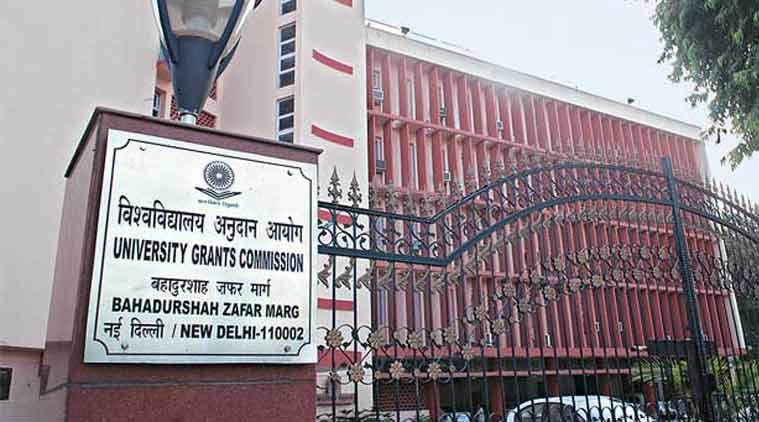UGC Repeal on Viva Voce a Partial Victory; Fight Will Continue Till Complete Rollback, Say Student Organisations

Image Coutesy: jansatta
University Grants Commission (UGC), after incessant opposition of student bodies for two years, has scrapped the 100 per cent weightage to viva voce or interview rule for selection of M. Phil and Ph.D candidates in universities across the country. It has revived the old formula that assigned 70 per cent weightage to the written exam and 30 per cent to the viva voce.
UGC, the regulator of higher education, also decreased the minimum qualification score for Scheduled Castes (SC), Scheduled Tribes (ST) and Other Backward Castes (OBC) students by five per cent to appear for the interview. It means that while the students of unreserved categories require 50 per cent marks, the SC, ST and OBC students need to score 45 per cent marks for their qualification.
The move to assign 100 per cent weightage to interview was made by UGC through a notification dated March 5, 2016. It was highly criticised by the student organisations, which alleged that it will only give rise to the casteist discrimination in the campus.
This issue had surfaced prominently when a Dalit student from Jawaharlal Nehru University Muthukrishnan Jeevanantham alias Rajini Krish committed suicide on March 13, 2017 in. In his last Facebook post, he had written: "When equality is denied everything is denied. There is no Equality in M.phil/Phd Admission, there is no equality in Viva – voce..."
Terming the repeal by UGC a partial victory, Vikram Singh, National Secretary, Students' Federation of India, said, "This is a partial victory as weightage of viva should be reduced to only 15 per cent. There should not be any bar of minimum 45 per cent marks for SC, ST and OBC candidates in written examination."
Talking to Newsclick, Singh said that the UGC has still not withdrawn the norms that limit the professors in supervising the M. Phil and Ph. D students. “There should be a universal criteria for the supervision of M. Phil and Ph. D seats. The present system discourages intake of more students at the campuses,” he added.
The notification, issued in 2016, mandated that a professor could not supervise more than three M.Phil and eight Ph.D scholars at any one time.
Similarly, Assistant professors cannot supervise more than one M.Phil and four Ph.D scholars. Associate professors are also not allowed to supervise more than two M.Phil and six Ph.D scholars.
Singh said, "We have witnessed the cases where the SC, ST and OBC students have scored pretty well in their entrance examinations, but they were given very poor marks which ultimately results in the denial of opportunities. That's why there should be minimum relativity in the marks."
Meanwhile, the Jawaharlal Nehru University Students Union (JNUSU) hailed the revision as victory. “The JNUSU congratulates students for two years of uncompromising and tireless struggle in the face of adversity to achieve this substantial victory. It is the determined student struggle which nailed the UGC’s anti-social justice design and forced them to retract (it),” read the JNUSU statement.
Get the latest reports & analysis with people's perspective on Protests, movements & deep analytical videos, discussions of the current affairs in your Telegram app. Subscribe to NewsClick's Telegram channel & get Real-Time updates on stories, as they get published on our website.
























